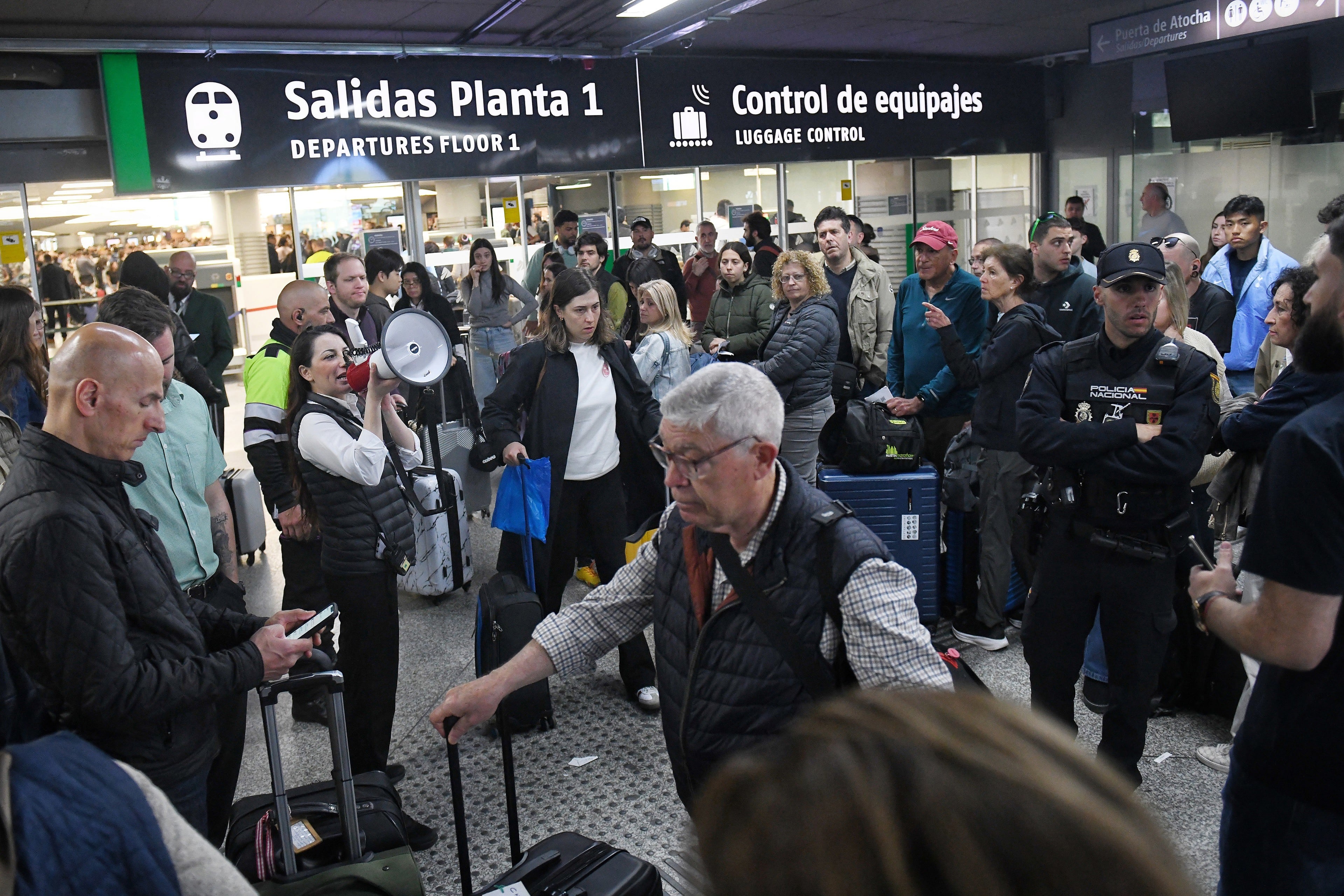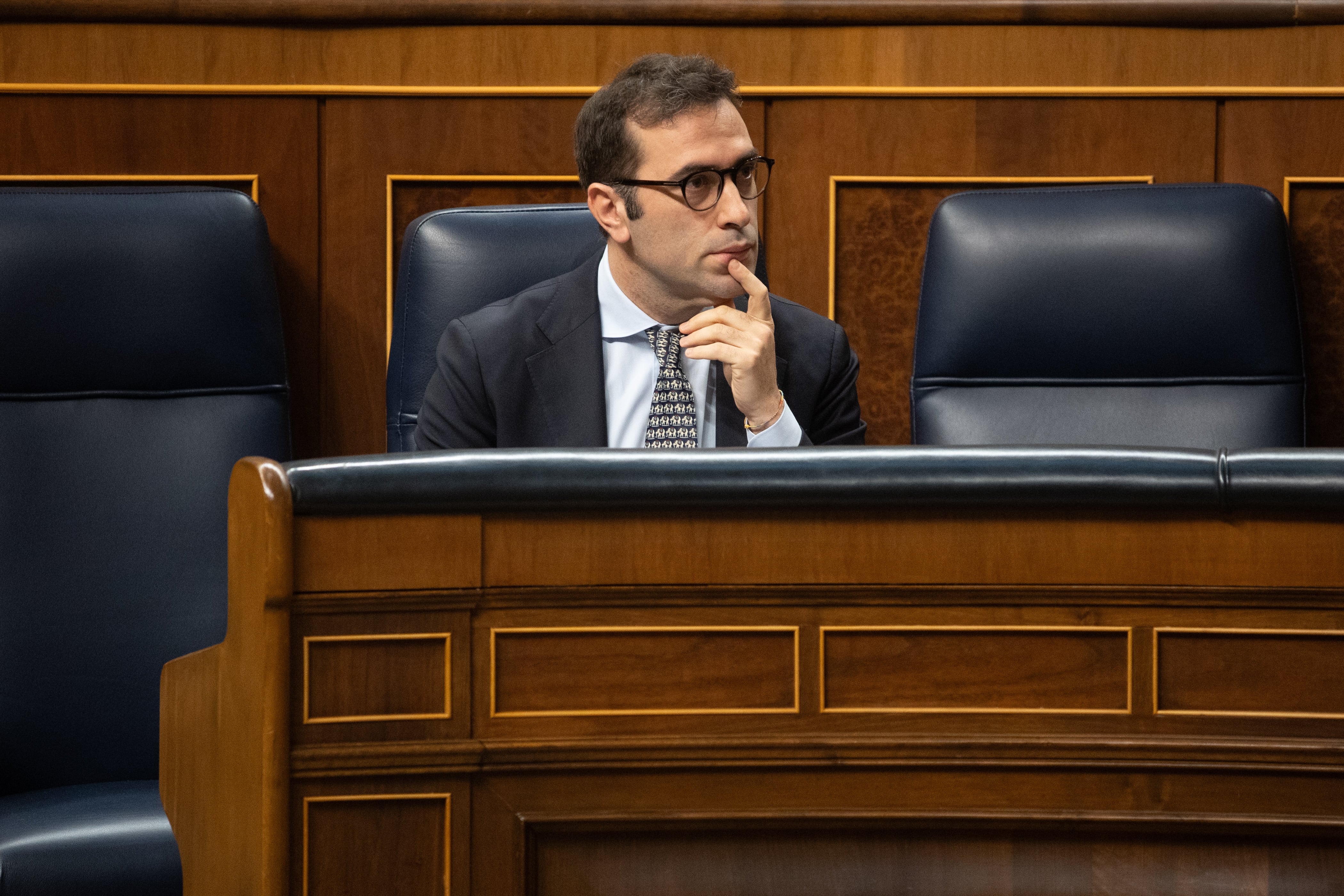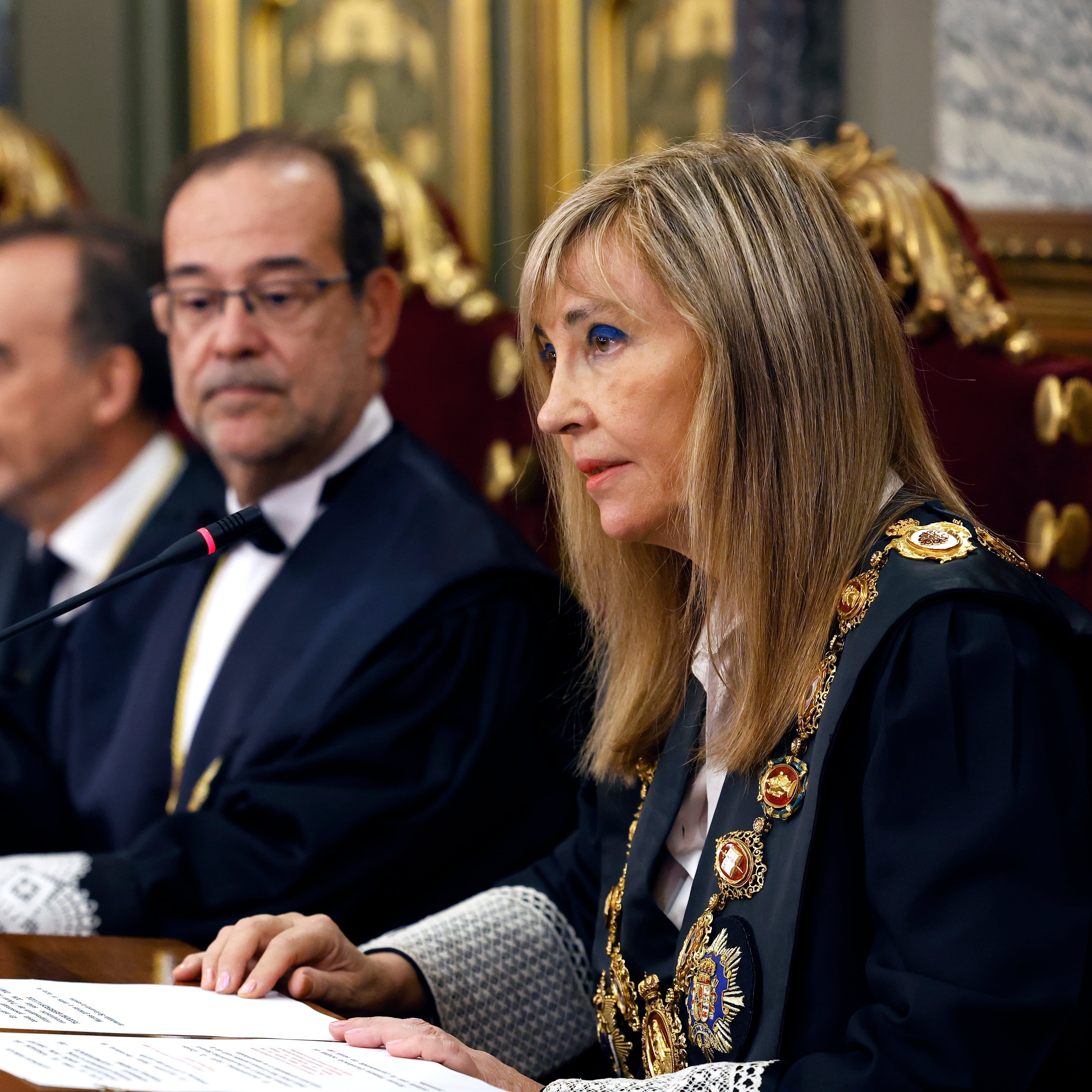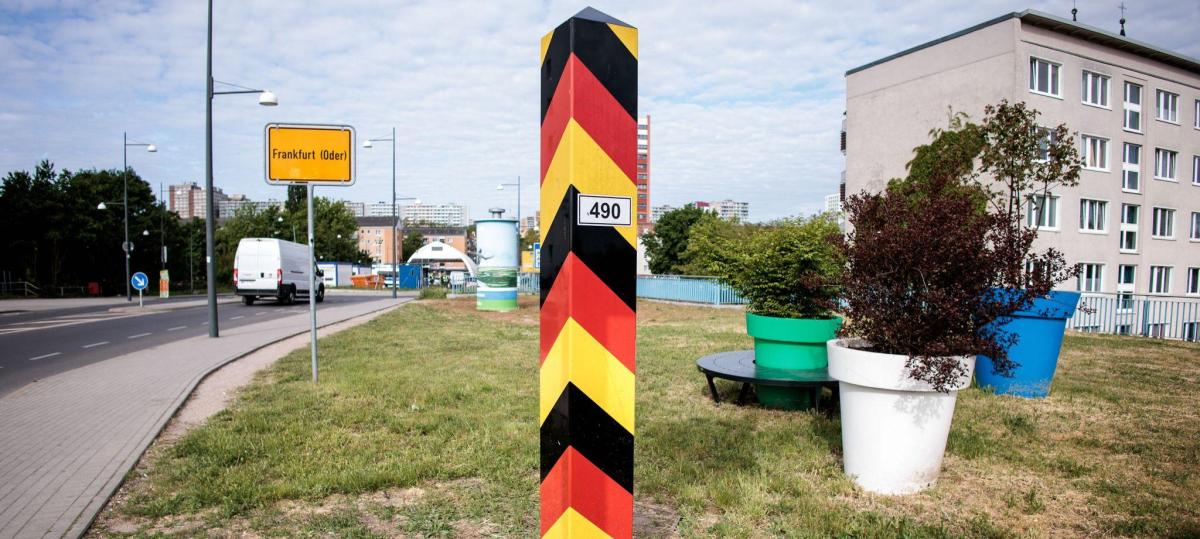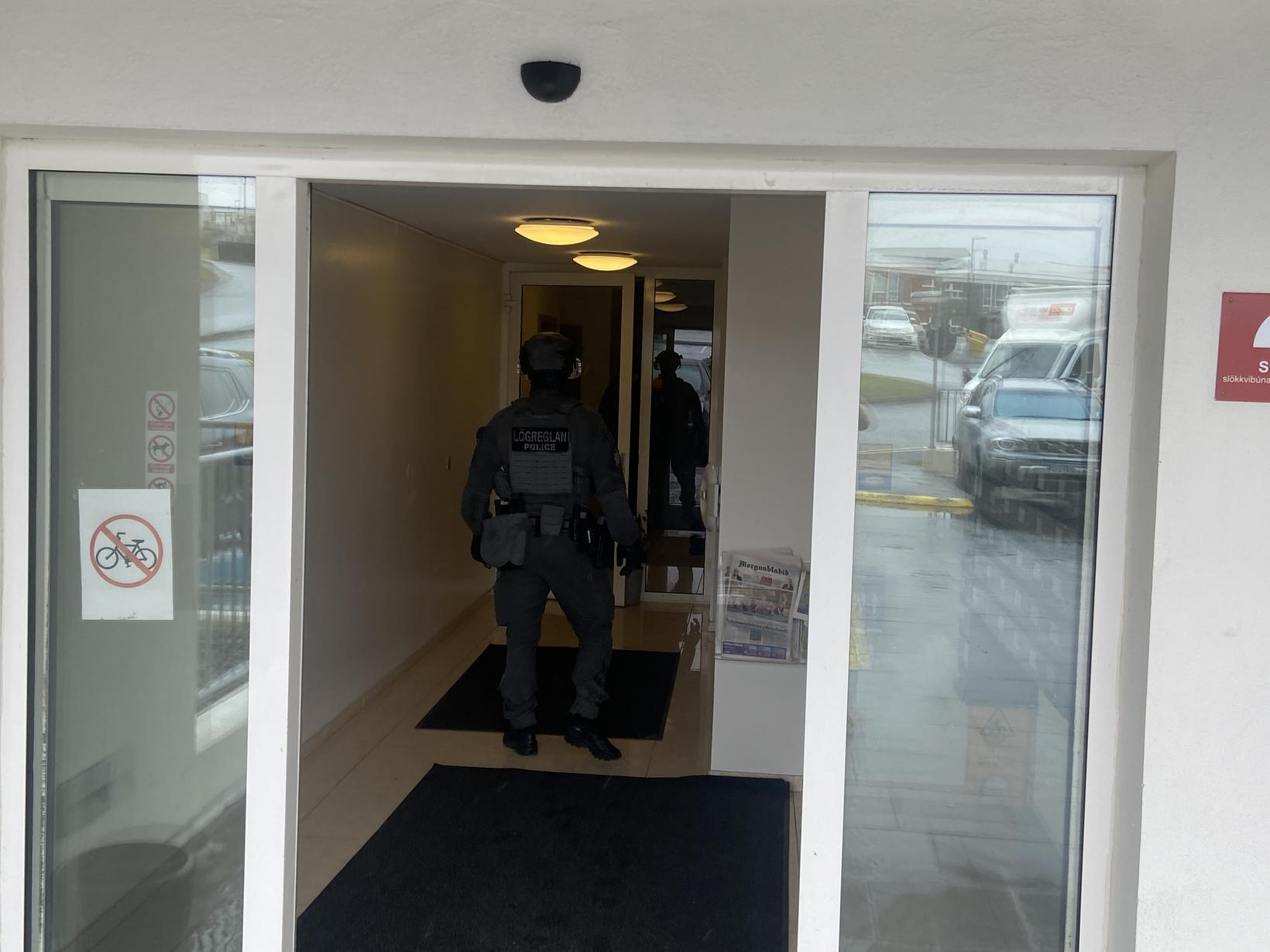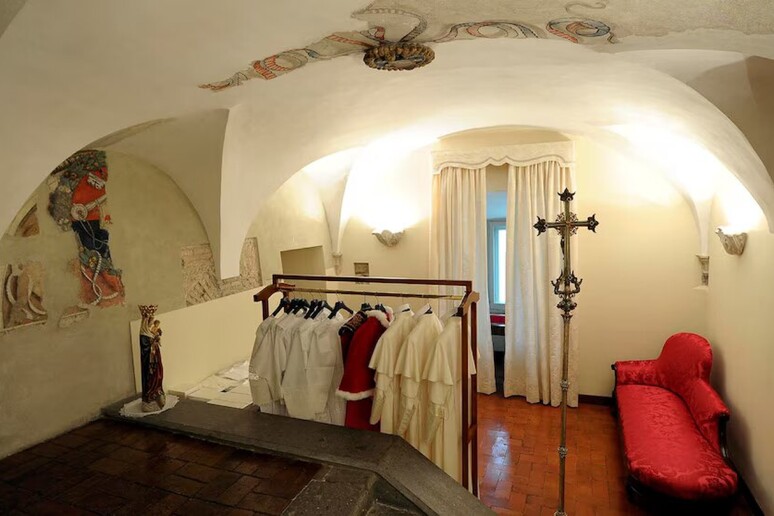17% of Spaniards between 18 and 34 prefer an authoritarian government « in some circumstances » | Spain
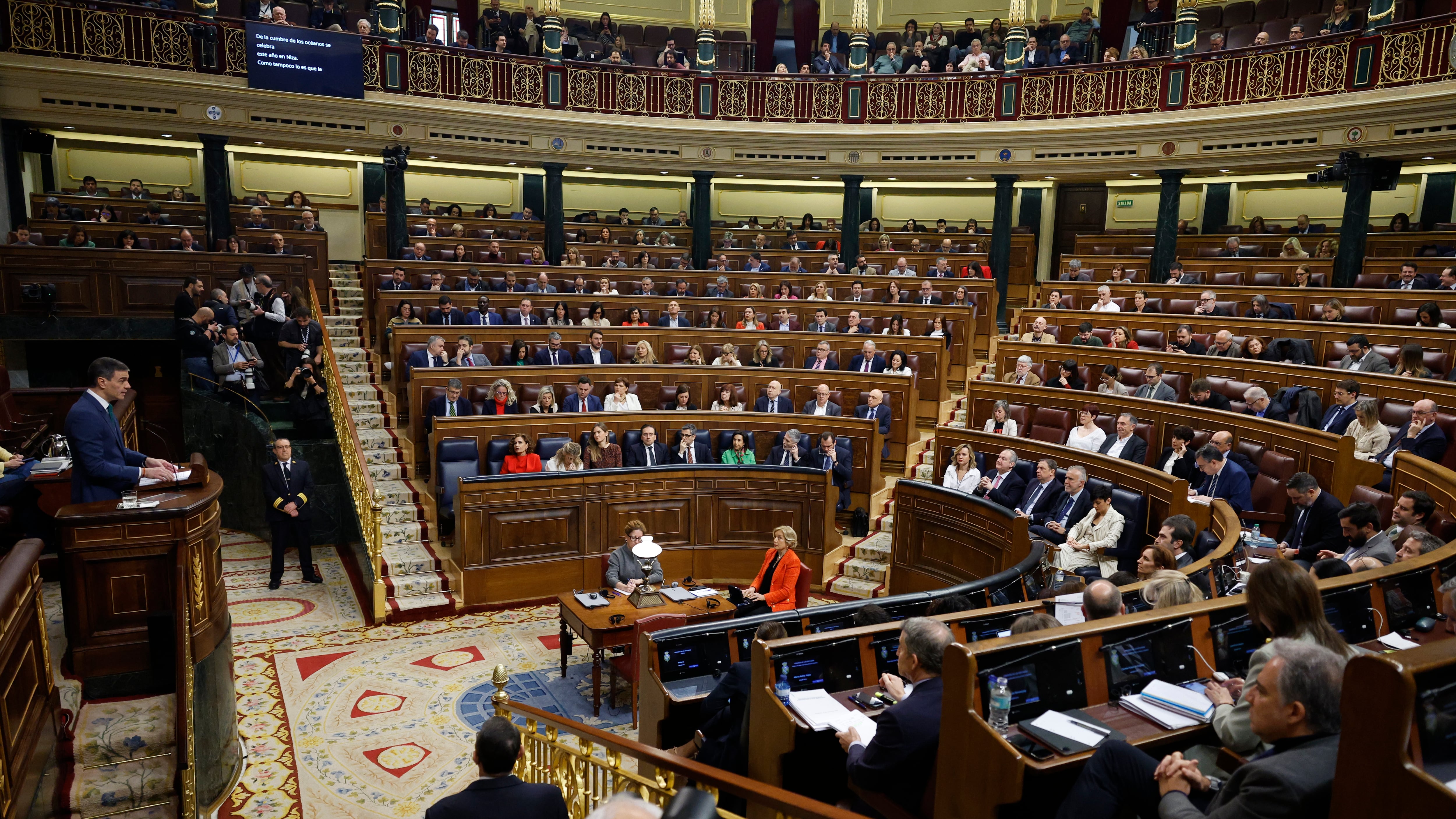
17.3% of Young people between 18 and 24 years old And 17.4% of citizens between 25 and 34 believe that « in some circumstances, an authoritarian government is preferable to a democratic system, » according to the survey Quality of Democracy (III) published this Thursday by the Center for Sociological Research (CIS). The majority – 72.6% and 68.1% respectively – bets on democracy. More than 81% of those over 45 also prefer a democratic system. In general, 79.2% of Spaniards believe that democracy It is preferable to any form of government.
The percentage of citizens between 18 and 34 who would opt for an authoritarian system has grown almost 10% since the second edition of the survey that was conducted 2009. Then, 6.8 of the Spaniards between 18 and 24 years and 8.2% of those who had between 25 and 34 opted for that form of government. In that survey, 16.7% of those under 24 and 10.2% of citizens between 25 and 34 years were indifferent.
71.9% of respondents consider that the way in which the Transition is « a reason for pride. » However, much of the respondents are not satisfied with the functioning of Spanish democracy. 54.9% are little or nothing satisfied with how democracy works against 20.6% who say they are quite or very satisfied. One of the reasons, according to CIS, is the lack of mechanisms of the Spanish system to fight against corruptionwhich according to 85.1% are insufficient.
In this regard, more than 75% of citizens claim that whoever is in power, « always seeks their personal interests » and that the political class does not care much about what citizens think on foot. A somewhat lower percentage, 73.7%, believes that civil society has « no influence on what the government does. »
The CIS asks for the possible measures to be taken to improve the functioning of democracy in Spain and, first, respondents are committed to because citizens have more power and make more referendums; Secondly, they consider that there must be a change in the electoral system and opt for a more proportional one, with open lists and limitation of legislatures. 10% of the participants in the survey, believe that “avoiding partitocracy” and betting on a technocracy.
30.6%of respondents show no confidence in the central government, nor in their regional executives (19.1%) or in the General Courts (20.7%). The only organization that stands out among respondents are the armed forces that, according to this survey, has the confidence of 22.2% of citizens.
Trust in justice
Regarding the Spanish judicial system, most citizens estimate that justice is not the same for all, less than 5% show total confidence in the courts against 16% who say they do not trust at all in judicial decisions. 78.5% of respondents believe they are not equal to rich already poor. Inequality also highlights it regarding the treatment that justice gives politicians in front of current citizens; In this case, 89.9% of the survey participants think that the treatment is unequal, and endorse it by stating that in the judicial processes that affect political parties, justice is not impartial, according to 78%.
In general, more than half of respondents believe that women have the same chances of ascending in the judicial career as men, but looking by sex, 51.2% of women disagree with this statement against 59% of men who do receive equality in this regard.
Media
The Institute led by José Félix Tezanos asks citizens about their opinion about the media. Only 3.3% show « total confidence » in them compared to 17.6% who do not say they trust anything in journalistic work. Thus, 80.7% say that the Spanish media echoes bulls and lies. More than half of respondents, 55.5%, believe they do not give access to « different types of opinion. » And 88.7% believe that newspapers, radios and televisions « favor political opinions or economic interests rather than others. »
56% of respondents indicate that today information professionals have less freedom and independence to exercise their work than 10 years ago, 24.1% believe they have more than a decade ago and 16.8% respond that this has not changed in recent years.

